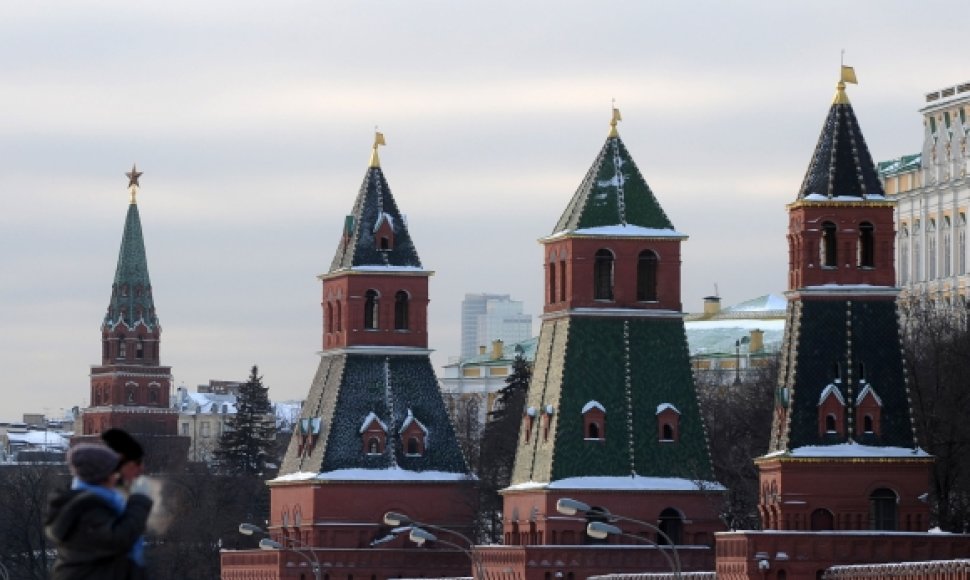The scenario of Russia's development is envisaged in a study "World 2030," which discusses general global tendencies and those of the largest countries in the social, economic, political, and military fields.
According to the study, Russia's foreign policies will continue to exploit its "privileged status as an oil and gas exporter." On the international arena, Moscow will attempt to play the role of a mediator in various conflicts but will shift the burden of work to its allies.
"The divide-and-rule strategy will remain a key element of Russia's relations with countries of the trans-Atlantic area, as it will try to undermine mutual relations and cooperation among these countries and to counterbalance the power of the United States. Potential contraposition scenarios instigated by Russia might include the US vs. Western Europe or the US and Western Europe vs. Central and Eastern Europe," the ministry says.
"Russia will not renounce its ambition to retain or strengthen its influence in post-Soviet area, the zone of "privileged interests", i.e., it will continue its covered-up post-imperialist policy considering the development of democratic institutions in its neighborhood as a zero–sum game. If the EU expansion eastwards stalls, Russia might once again become a key guardian of countries trying to reduce its influence," the study says.
It also states that Russia will continue modernization of its Western Military District, neighboring NATO member countries Lithuania, Latvia, Estonia, and Poland, and will continue building up its forces in the northwestern direction.
"Russia's conventional forces will continue focusing on the country's defense and will not have capabilities for large-scale operations at strategic distances. The major part of the forces will be on a constant alert, especially in the Western direction, and will be capable of effectively acting on Russia's borders," experts of the defense ministry say.
Analysts are skeptical about the prospect of democratic changes in Russia, and say that "further manifestations of growing authoritarianism, characterized by the vertical axis of power, the destruction of public institutions, derogation of legal institutions by strengthening power structures and ignoring human rights and freedoms are possible" in the neighboring country.
"The "weak regions-strong center" policy will most probably be continued aimed at strengthening territorial-administrative centralization and reducing the number of federal units. Although these changes will be introduced as improvement of the government structure and work efficiency, it might be difficult to avoid ethnic tensions. North Caucasus, Tatarstan, and Yakutia might be particularly "sensitive" to such changes," the document states.
Moreover, it is claimed that it’s still unclear whether the civil society will strengthen its position in Russia as currently people unsatisfied with the existing regime "have no consistent visions, have different opinions on what they want from the government. They also don’t have clear leaders."
Experts from the Lithuanian Ministry of National Defense say the Russian population is estimated to shrink from 140 million to 130 million by 2030, and will also grow older. Immigration will become one of the ways to compensate the population decrease, and the majority of immigrants will come from China and Central Asian countries. The Far East will be another problem as Russians are leaving the area and the Chinese are legally and illegally taking over.
"The "sinophication" of Russia's Far East during the period under consideration is likely to increase, and the Chinese can become a dominant group in Russia's Far East region. Without the experience of integrating immigrants, Russia is facing an increase in potential nationalism, social unrest and the rise of nationalist parties," the document says.
The study was presented at the Institute of International Relations and Political Science at Vilnius University on Monday.












